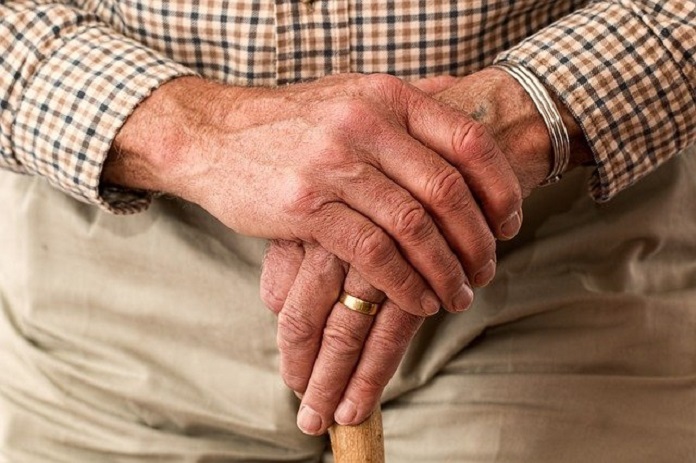Study investigates connection between social distancing and increased fall risk for the elderly.
Falls are the number one cause of death and injury in the elderly. In 2019 up to 40% of the elderly experienced a fall. Falls usually lead to bumps and bruises at the least, but severe injuries such as broken bones or head trauma can occur. After the fall, the elderly are more likely to have problems moving and are more often candidates for assisted living facilities.
Much research has been done into the causes of falls in the elderly. Studies show several factors such as trip hazards to mobility limitations can lead to increased fall risk. However, since the beginning of the COVID-19 pandemic and social distancing measures, no research has been performed to determine whether social distancing increases the risk of fall for the elderly.
Scientists from University College London investigated the relationship between loneliness, social isolation, and the risk of falls among the elderly. Their results were published in the journal Scientific Reports.
Data was taken from the English Longitudinal Study of Ageing (ELSA), which followed participants over age 50 beginning in 1998. Participants completed questionnaires and follow-ups every two years. The questionnaires included fall data. Additionally, researchers obtained data on hospitalization due to falls from the National Health Service. Self-reported data was obtained from 4,013 participants, and hospital admission data was obtained from 9,285 participants. Data was crosslinked between participants that self-reported a fall and as a results were admitted to the hospital.
The researchers investigated the effects of loneliness, which was classified by participants based on how often they lacked companionship, how often they felt isolated, and how often they felt left out. Effects of social isolation were measured based on whether the participant lived alone or had low social contact.
The loneliness and social isolation data were ranked and given scores. The data was statistically analyzed and referenced to the participants’ social and demographic information.
Both loneliness and social isolation increased participants’ risk for falling, no matter economic, demographic, social, or health and lifestyle. The study suggests hazards in the home were reduced when living with another person and that these relationships improve patients’ adherence to medical treatments.
Loneliness however was not found to increase the risk of fall when health and life-style factors, such as long-term illness, poor or limited mobility, disability, depression, or poor vision were removed. The results suggested that social interactions help to reduce stress and impart a sense of purpose.
Written by: Rebecca K. Blankenship
References:
Bu, F., Abell, J., Zaninotto, P. et al. A longitudinal analysis of loneliness, social isolation and falls amongst older people in England. Sci Rep 10, 20064 (2020). https://doi.org/10.1038/s41598-020-77104-z
Image by Steve Buissinne from Pixabay



